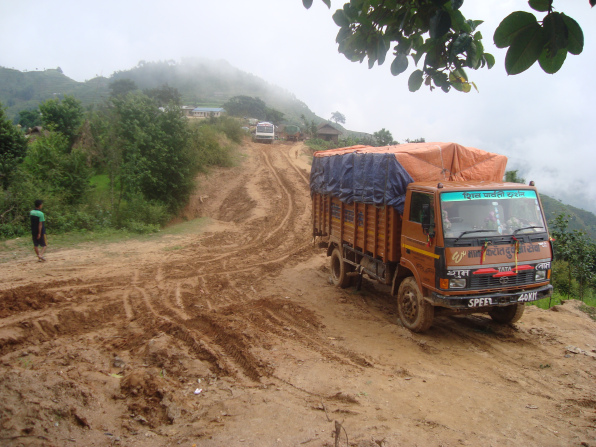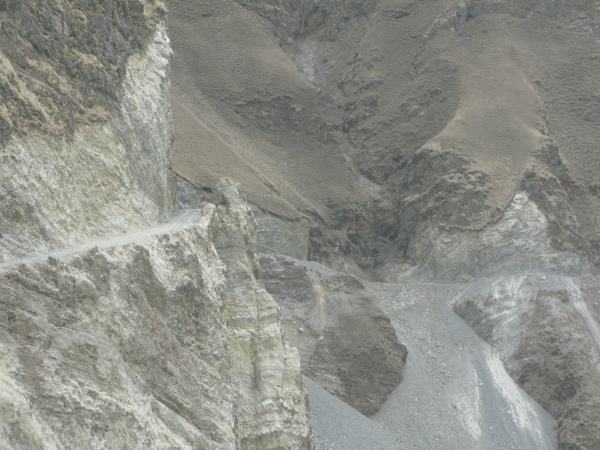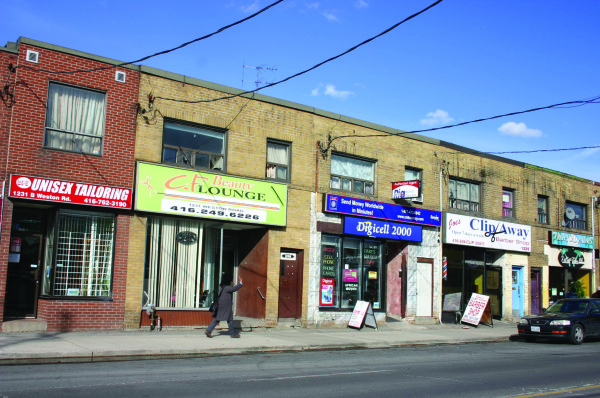INTERESTS
My research spans the ‘economic’ and ‘socio-cultural’ sub-disciplines of Geography and Planning, especially as they have been contoured by insights from political economy, feminist theory and post-colonial studies. It has contributed broadly to scholarship on market and state formation through a focus on attendant processes of social change and a commitment to ethnographic approaches.
The primary objective in my research and publishing has been to critically evaluate the shift over the last half-century from state-led to market-led development with recourse to the following overarching questions: [a] What are the epistemological foundations of the shift to market-led development and how have these been articulated in specific space-time conjunctures? [b] What macro-regulatory frameworks govern the (re)structuring of state-society relations? [c] What kinds of institutional forms and governmental technologies are mobilized to achieve these ends? [d] How do these broader currents articulate place-based socio-cultural dynamics?
I have explored these themes through case studies of post-conflict state building, commercial gentrification, microfinance, and a trans-Himalayan trading entrepôt. Empirically these pursuits have transpired primarily in the country of Nepal where I have long-standing linguistic and professional commitments; engagements with colleagues and students have also led to scholarly research in northern Vietnam and Toronto, Canada.
The themes that guide my research are made up of several disciplinary strands. Early training in Anthropology informs my work with an appreciation of field-based research as a means for exploring how wide-scale political-economic processes are experienced in and shaped by local contexts. I have particularly engaged anthropological theories of practice—rooted in Marxian historical materialism and Gramscian cultural politics—to investigate how cultural production and material worlds are dialectically related. Doctoral training in Planning presented an opportunity to extend practice theory to the more activist domain of ‘praxis’, where research entails making judgments, advocating change and empowering informants to view their world critically. My appointment in a Geography department facilitates a comparative orientation to the analysis of market rules and institutional embeddedness. Engagements with communities of scholarship in economic, feminist and critical development geography have been particularly generative, and my scholarship has increasingly concentrated in these areas.
RESEARCH PROGRAMS
(a) Infrastructures of Democracy: State Building as Everyday Practice in Nepal’s Agrarian Districts
Project Website: https://infrastructuresofdemocracy.wordpress.com/

(b) Landscapes of Democracy: Cultural Politics of Governance in Nepal
Project Website: http://www.geos.ed.ac.uk/homes/anightin/Landscapes/

Commercial Gentrification, Diverse Economies and the Politics of Social Mix in Toronto

The Commercial Gentrification project (SSHRC Standard Research Grant) emerged out of teaching a graduate workshop course addressing the vexing problem of gentrification in the downtown core. Through a comparative case study of two disinvested Toronto neighborhoods (downtown and inner-suburban), the project explores how commercial change reflects and contributes to wider processes of gentrification, as well as how the diversity of economic practices on commercial strips supports an existing social mix. The work pioneers an approach to commercial streets as transnational spaces through which immigrants, commodities and economic development policy travel and articulate local social histories. Publications have focused on the commercial shopping street as a site of racialized class struggle, social spaces of the commercial street, the nature of collaborative, community-based research, and a relational approach to the study of commercial space in downtown and inner-suburban zones (Mazer and Rankin, 2011; Rankin and Delaney, 2011; Rankin and Kamazaki, 2015; Rankin and McLean, 2015; Rankin, Kamazaki and Mclean 2013). The project also constitutes a Toronto-based contribution to an international network of scholars engaged in comparative analysis of ‘Local Shops in a Global Culture’ (Routledge, forthcoming), led by Sharon Zukin, Philip Kasinitz and Xiangming Chen.

Microfinance and the Gender Politics of Development Institutions
This project examines the institutional frameworks for development and market formation, based on a comparative case study in Nepal and Vietnam. In Nepal, this work built on relationships developed while working in the gender and development sector in Nepal in the late 1980s. The opportunity to conduct comparative research in Vietnam, then just transitioning to a ‘market-socialist’ governance regime, arose through an affiliation with a U of T-based, CIDA-funded action research project on waste management (PI, Dr. Virginia Maclaren). The research pioneered an analytical approach emphasizing articulation among three spatial scales to account for how the institutional environment for market-led development is constituted through national and supranational regulation, the organizations implementing development and local cultural contexts within which beneficiary groups and economic subjectivies are formed (Rankin 2001a, 2001b, 2002, 2008b, 2013a). This project was funded by a SSHRC Standard Research Grant.
Cultural Politics of Markets
This project examines how economic liberalization articulates local social structures and cultures of value through an ethnographic study of the social embeddedness of markets in a ‘traditional’ Newar trading entrepôt located in the Kathmandu Valley of Nepal. It began as a dissertation, funded by a Fulbright Research Grant, and generated a book as well as several peer reviewed articles and book chapters (Rankin 2001, 2002a, 2002b, 2003a, 2003b, 2003c). ement—as significant terrains of struggle over the shape and meaning of ‘democracy’ (Nightingale and Rankin, 2009; 2012) Cultural Politics of Markets: Economic Liberalization and Social Change in Nepal (Rankin 2004, Pluto Press and University of Toronto) traces processes of market formation in the Kathmandu Valley where Vajrayana Buddhism and trans-Himalayan trade formed symbiotically from the early decades of the Christian era. In the current conjuncture of economic liberalization, honor and social prestige are forms of symbolic capital that intersect with new labor markets and patterns of commodification in contradictory ways—on the one hand creating opportunities to challenge a caste-based regime of value, while on the other hand jeopardizing traditional forms of autonomous wealth for women.
THEORETICAL INTERVENTIONS
Doing research, building theory and engaging intellectual community are iterative processes. Thus a cluster of my publications moves across the discrete research programs to make synthetic statements that build theory across disciplines.
One subgrouping examines parallel but separate trajectories in planning theory and critical development studies to grapple with the challenge of complicity in various forms of imperialism and neocolonialism (Rankin 2009a, 2010a, 2012c and Silvey and Rankin 2011). Together these contributions argue for productive cross-fertilizations across planning, urban studies, development studies and transnational feminism to trace the entanglements of projects of improvement with projects of empire.
Another subgrouping interrogates prevailing theories of social capital and civil society to challenge hegemonic understandings about the ways shared community values structure social life (Goonewardena and Rankin 2004, Mayer and Rankin 2002, Rankin and Goonewardena 2003).
My methodological commitment to ethnography manifests in several theoretical contributions staking out the significance of thick descriptions of everyday life for the study of globalization (Rankin 2003a, 2009b, 2011, 2012b, Silvey and Rankin 2012). Collectively this work advocates attending to the messy conjunctures within which capitalist regimes of accumulation encounter people’s everyday lives as a means of challenging hegemonic formulations of economy and development as well as articulating alternatives.
A final subgrouping contributes to debates over the scope and purview of the subfield of economic geography (Rankin 2010, 2012, 2013a, 2013b).
Works cited
All works cited can be found here.